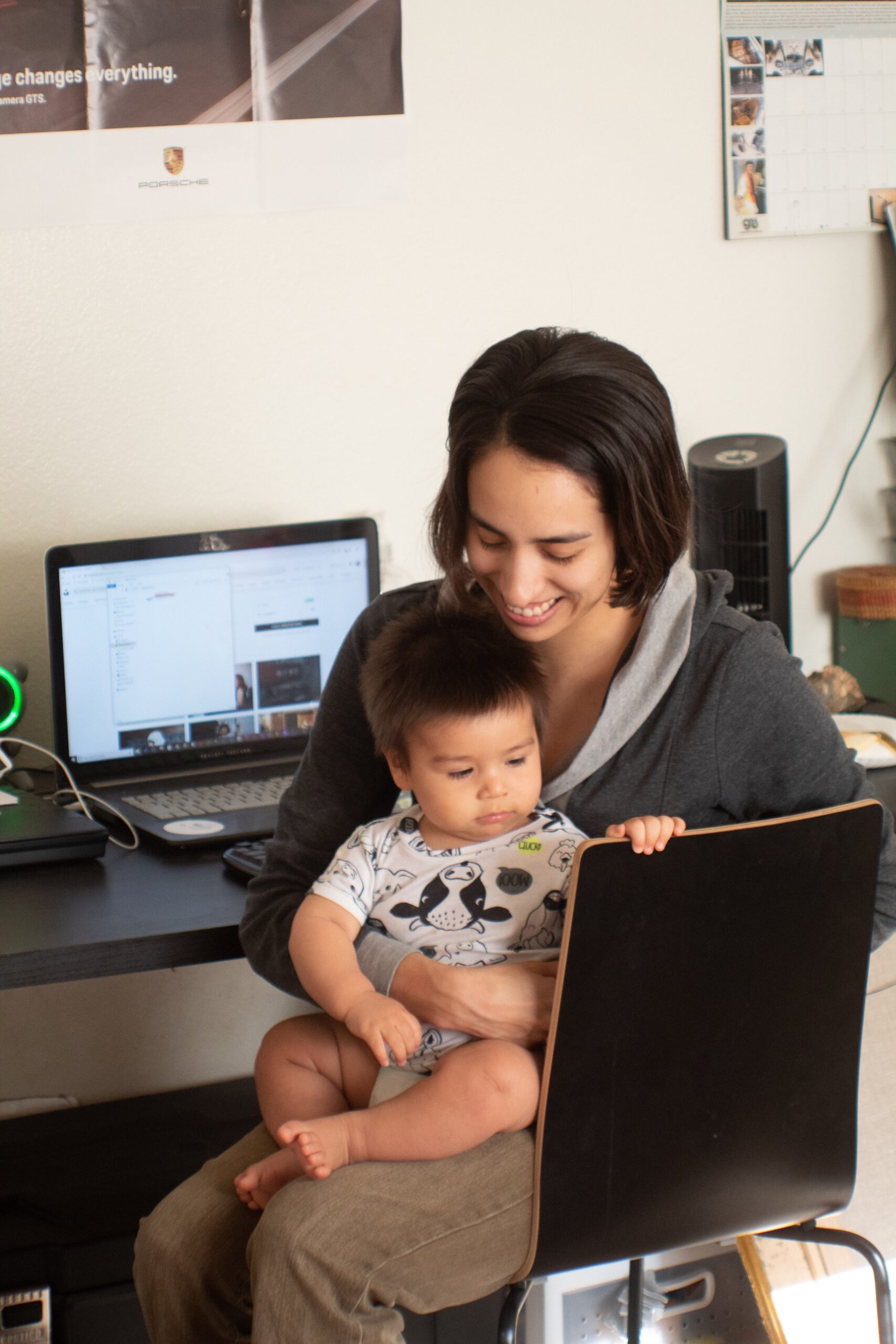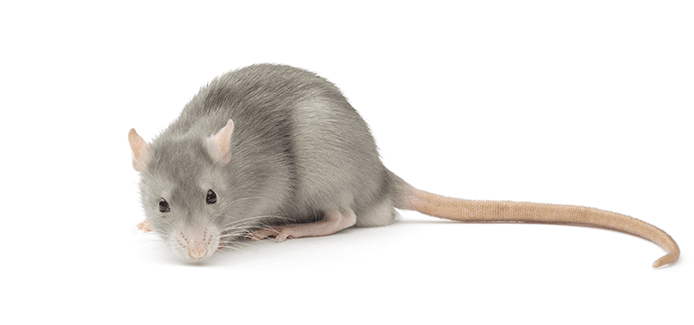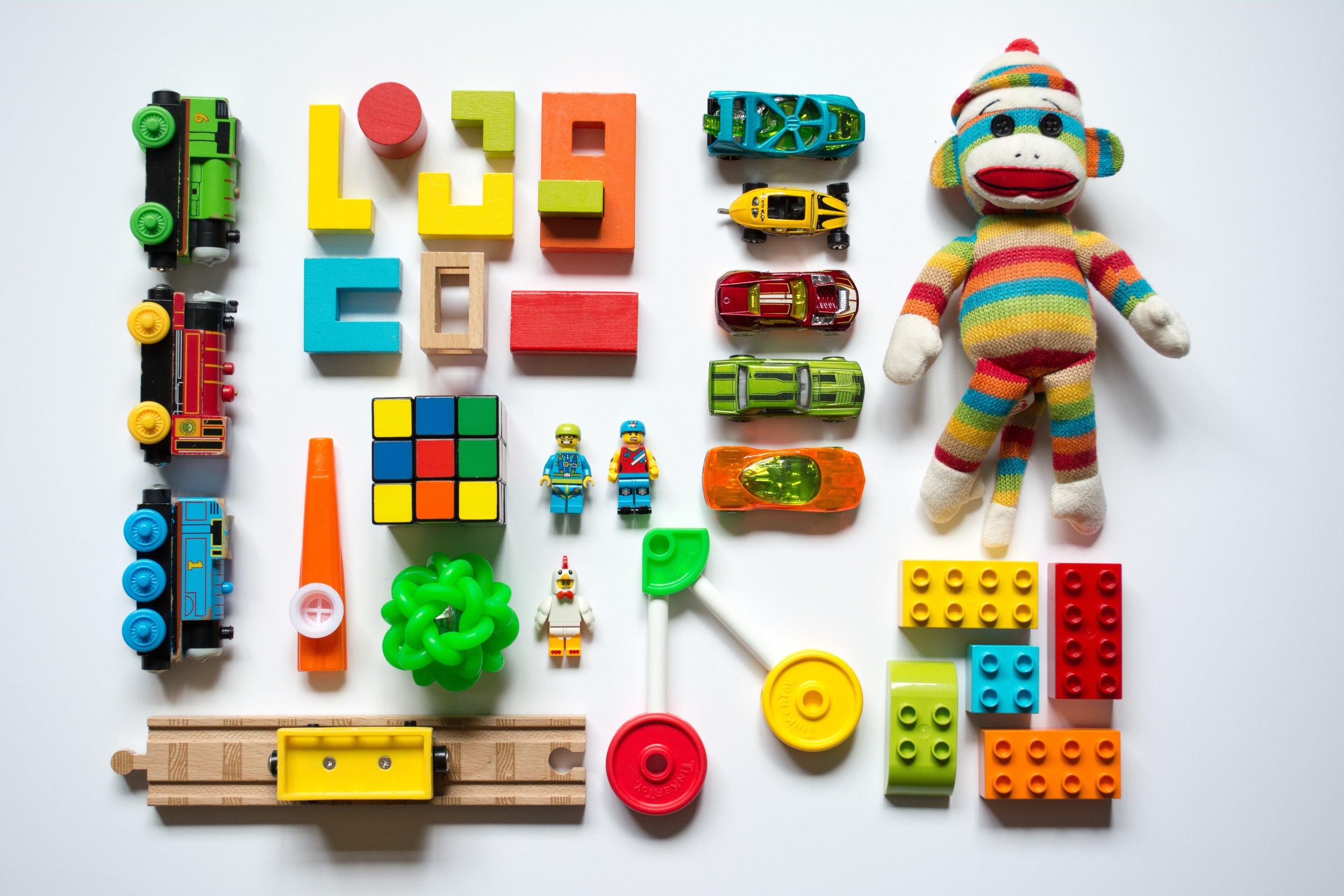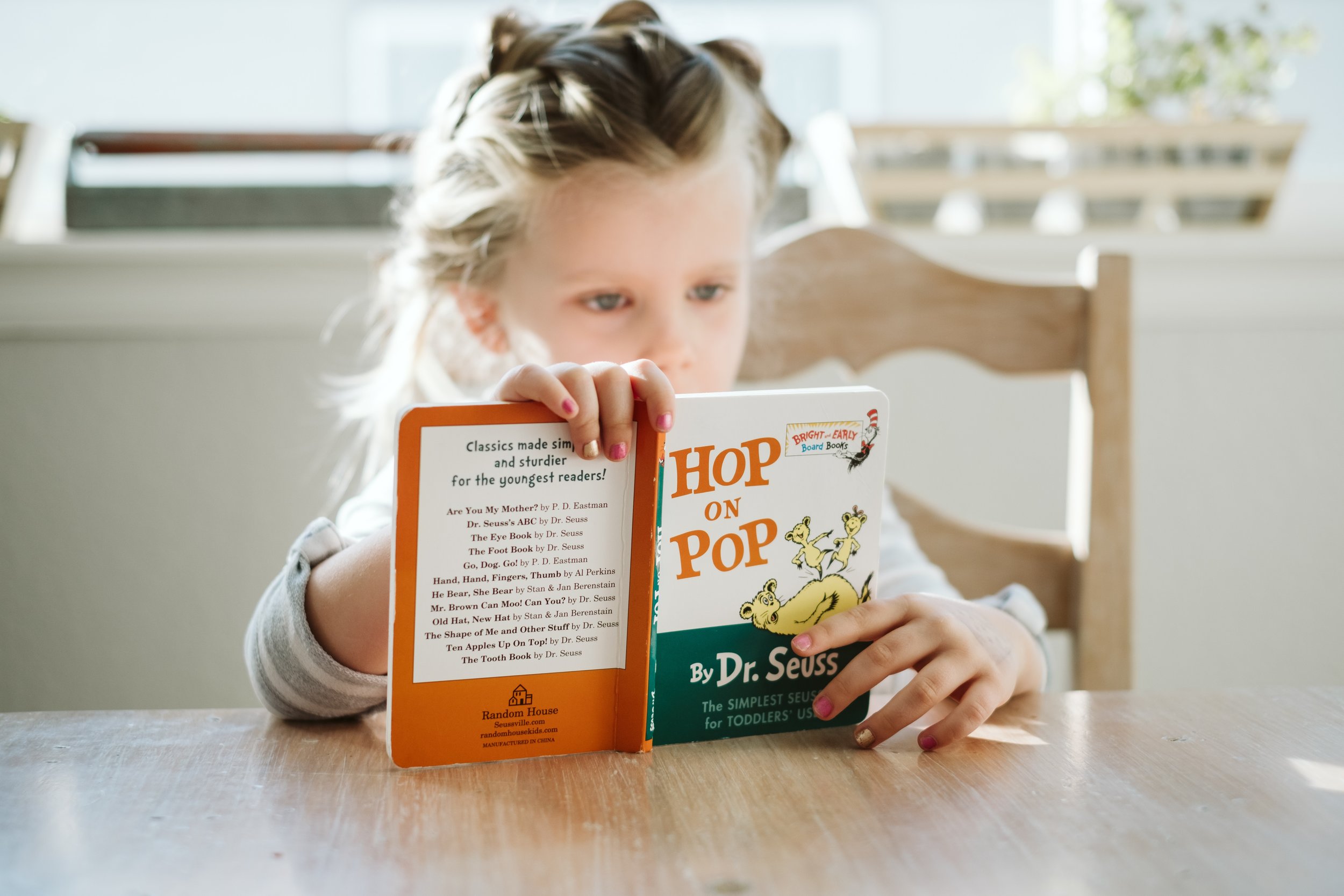Children

Talking to your child about any topic can be difficult at times, however, the discussion of mental health can be particularly tricky. There could be many reasons why this topic is tip-toed around, but it is important to address if you are worried about your child, so you can assist them in receiving proper mental health treatment.

Working mothers juggle many responsibilities and play many roles to maintain the stability and happiness of their families. From the basics such as groceries, paying bills, maintaining a home, to of course dedicating time to raising strong, healthy, children, to having a successful career can be demanding and stressful. Read on for some strategies to manage the stress of balancing work and parenting responsibilities.

Parenting kids of any age is one of the most emotionally challenging things most people go through. It is filled with daily struggles to motivate yourself and motivating your kid(s), sometimes even motivating your spouse as well. Trying to get your kids to go to sleep on time, wake up on time, get ready for school, eat their vegetables, get dressed, get bathed, do their homework, catch the bus, put down the cell phone, and another thing, and another thing without conclusion. While being a parent has its built-in rewards like cuddle time, hearing your kids laugh, and the occasional unsolicited “I love you mommy” or “I love you daddy”, the day-to-day can be very emotionally, mentally, and physically exhaustive. It is at this point where a lot of parents fall into a trap and build a series of assumptions that decrease their effectiveness as parents. While there are plenty of ways to reframe your thoughts and build more effective assumptions, these are three worthwhile assumptions that have been born out of my experience in the field of family therapy.

As we grow, our families hope that we remain healthy, feel satisfied with our careers, have satisfying friendships and romantic relationships, and feel positive overall about our lives. Are there factors that might impact the transition from adolescence to adulthood, ensuring we feel positive about these life transitions? Absolutely.
Research suggests that a teen’s affect, particularly positive affect, is a critical factor impacting positive outlook. So what is affect? It’s the tendency to express positive or negative emotions, which in turn influences how we experience things and determine whether to judge a given situation as positive or negative.

Are you considering trying therapy or preparing for your first therapy session? Here’s what to expect.

Watson conducted several experiments exploring emotional learning in children. One of his most famous experiments was the Little Albert experiment, which explored classical conditioning using a nine month-old baby boy.

Jean Piaget was a Swiss developmental psychologist who studied children in the early 20th century. Many branches of education and psychology use his theory of intellectual or cognitive development (1936). It focuses on children, from birth to adolescence, and characterizes different stages of development, including: language, morals, memory, and reasoning.

Jean Piaget was a Swiss developmental psychologist who studied children in the early 20th century. Many branches of education and psychology use his theory of intellectual or cognitive development (1936). It focuses on children, from birth to adolescence and characterizes different stages of development, including: language, morals, memory, and reasoning.

